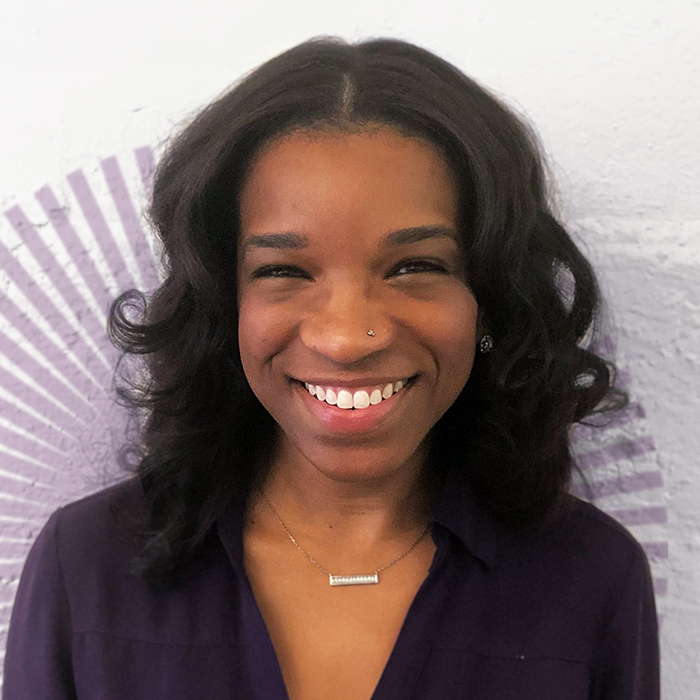Let’s Break it Down: What Can We Learn When Queen Bey Uses an Ableist Slur?
On Friday, July 29th, the world stopped for a moment (or so it seemed) when Beyonce released her latest album RENAISSANCE. I’m more of a casual Beyonce fan, but it was still impossible to avoid the dance videos, memes, and excitement. However, a more critical voice emerged this week as people called Beyonce out for using the term “spaz” in her song “Heated.” If you are a music lover, you might be having deja vu: a few weeks ago, Lizzo found herself in hot water for using the same term in her song “Grrrls.” Lizzo listened, changed the lyric, and penned a heartfelt apology to her fans. Beyonce’s team took a similar approach, promising to release a revised version of the song.
I’ve seen heated discussions about whether or not the word is a slur, and whether there are racist undertones to the criticism of these two Black female artists. In most cases, the goal seems to be to convince others that there is a right or wrong answer in this situation. And, there is an assumption that most of us should know that answer.
To be clear, there are some things that the majority of people know are wrong to do or say, but for many discussions in the DEI space there isn’t a concrete right or wrong answer. Clearly we need more practice engaging in robust discussion as we work through that nuance.
To do this, we must get better at allowing for multiple, even conflicting, realities. It can both be true that one person or group may see a word as a slur where another person or group sees a relatively harmless phrase. For example, one argument from the “don’t change the lyrics” camp is that spaz is a common term, not used as a slur, within AAVE or African American Vernacular English. (For the record, this argument is also contested.) In the UK, however, it’s widely viewed as a derogatory word. The real learning happens as we understand why those differences exist. In a global world, we must recognize that language is not always universal.
As we acknowledge this nuance and welcome the more robust conversation, we may not always get it right. And, even if you think it was the “right” decision to change the lyrics — I personally applaud Beyonce and Lizzo for doing so and making sure people from all backgrounds can enjoy their music — the lingering perspectives mean there’s a lengthier conversation to have. I encounter situations like this a lot in my work, and sometimes struggle to figure out how I will respond. In those moments, I use some guiding questions to inform my ultimate decision:
- Whose voices are contributing to my decision? If the only criticism for the lyrics were coming from a contingent of White disabled folks in the UK, and no one else had that perspective, that would be noteworthy. It wouldn’t mean the White disabled folks in the UK are wrong, but that there was likely a specific experience informing their perspective. When you hear from a variety of people, especially at the intersections of identities, you may see patterns emerging that help inform your decision and how you will communicate it.
- Who will this decision impact, and are they being centered? With so much changing and language evolving so quickly, it’s easy to get caught up in thinking about the hypothetical group or person that may exist that could be offended by something I do. That can get overwhelming, and may lead to overcorrections or performative allyship — people doing things because they want a “good person” badge rather than because they are focused on what folks from marginalized groups want and need. I try to focus on the impact I have on people that I know and interact with, and heed their perspectives. Of course, as my network (and knowledge) expands, I must be open to feedback and willing to revisit my decisions accordingly.
- How will I know it’s time to change my decision? In an ever-changing world, it’s foolish to think you will make a decision one time and never need to reconsider. For example, years ago, my boss decided that removing “crazy” from his language for inclusion purposes was too extreme. I agreed. After all, it was my favorite adjective! And then, I listened to more people with mental illnesses talk about how they felt about the word. I thought about the privilege inherent in my decision to ignore the impact I was having on others because of my own preference. Changing my language was an easy fix, so I did (“wild” is a great replacement). Perhaps my boss and I initially made the wrong call. Nevertheless, our example reflects the reality of what these evolutions often look like.
I understand that it is tempting to search for the right answer, to seek a sense of closure on any DEI topic and hope to never revisit it. But learning requires us to constantly listen, act, and re-evaluate. I, for one, think that Lizzo and Beyonce are wonderful models of what that learning looks like in real time.
August 5, 2022

 Our website uses cookies to distinguish you from other users of our website. This helps us to provide you with a good experience when you browse our website and also allows us to
improve our site. By continuing to browse our website, you’re agreeing to our use of cookies. For more information, please read our
Our website uses cookies to distinguish you from other users of our website. This helps us to provide you with a good experience when you browse our website and also allows us to
improve our site. By continuing to browse our website, you’re agreeing to our use of cookies. For more information, please read our
